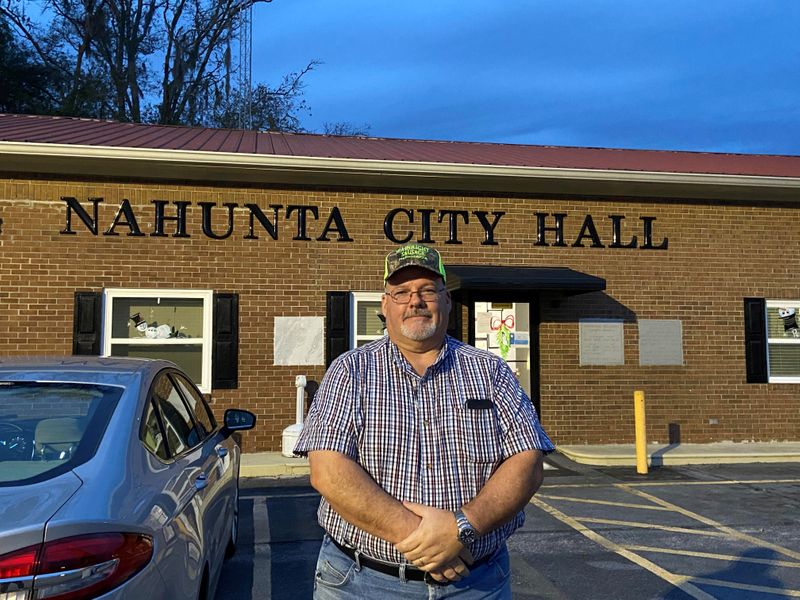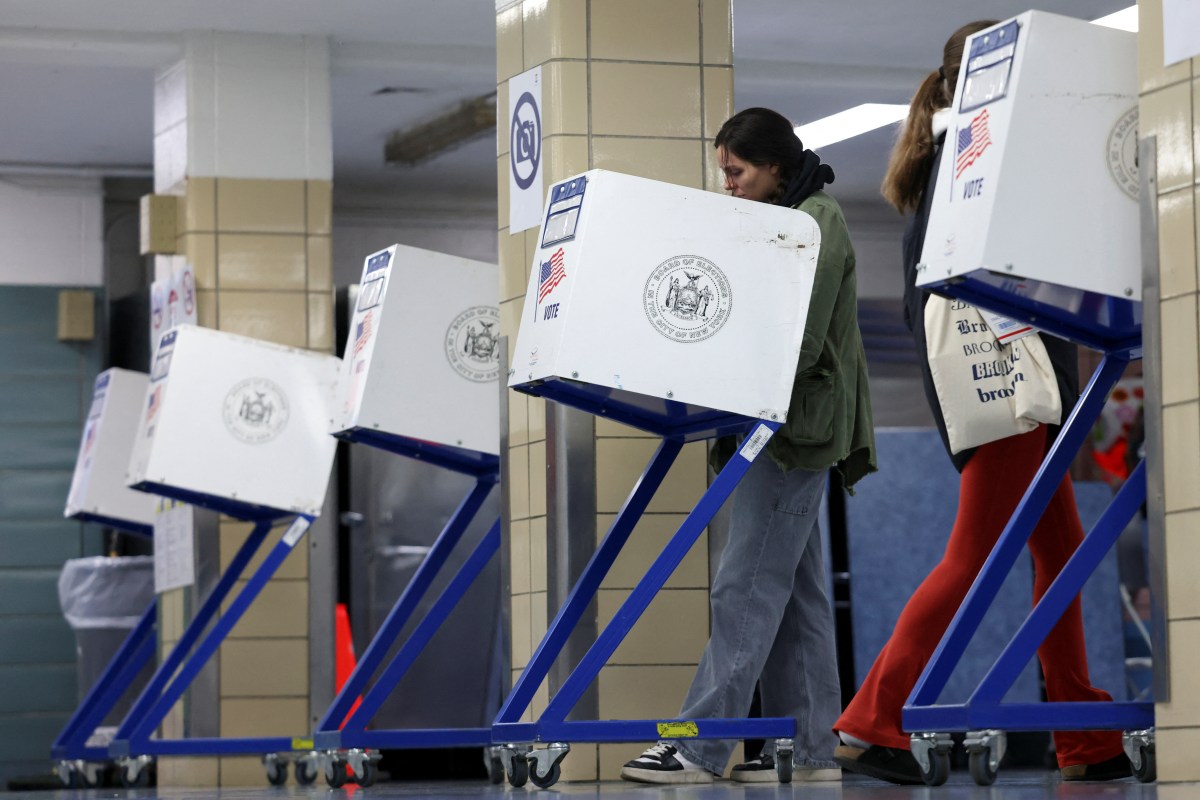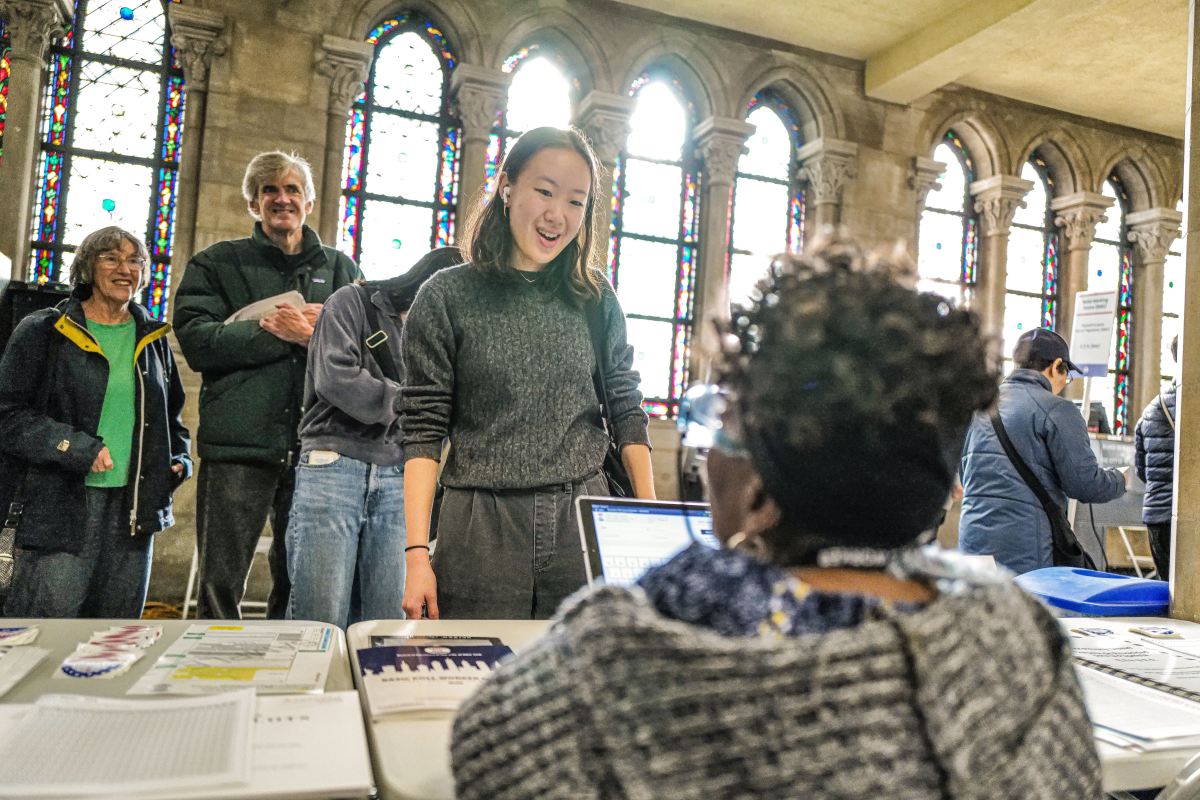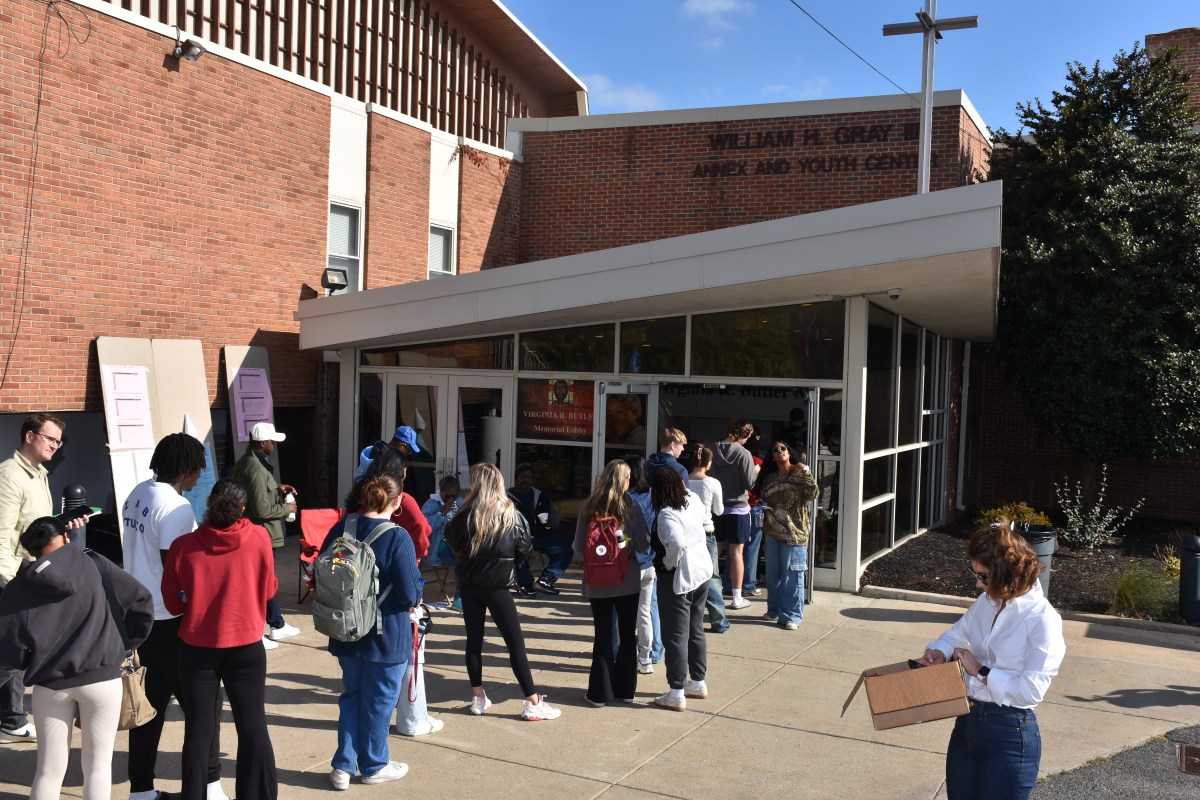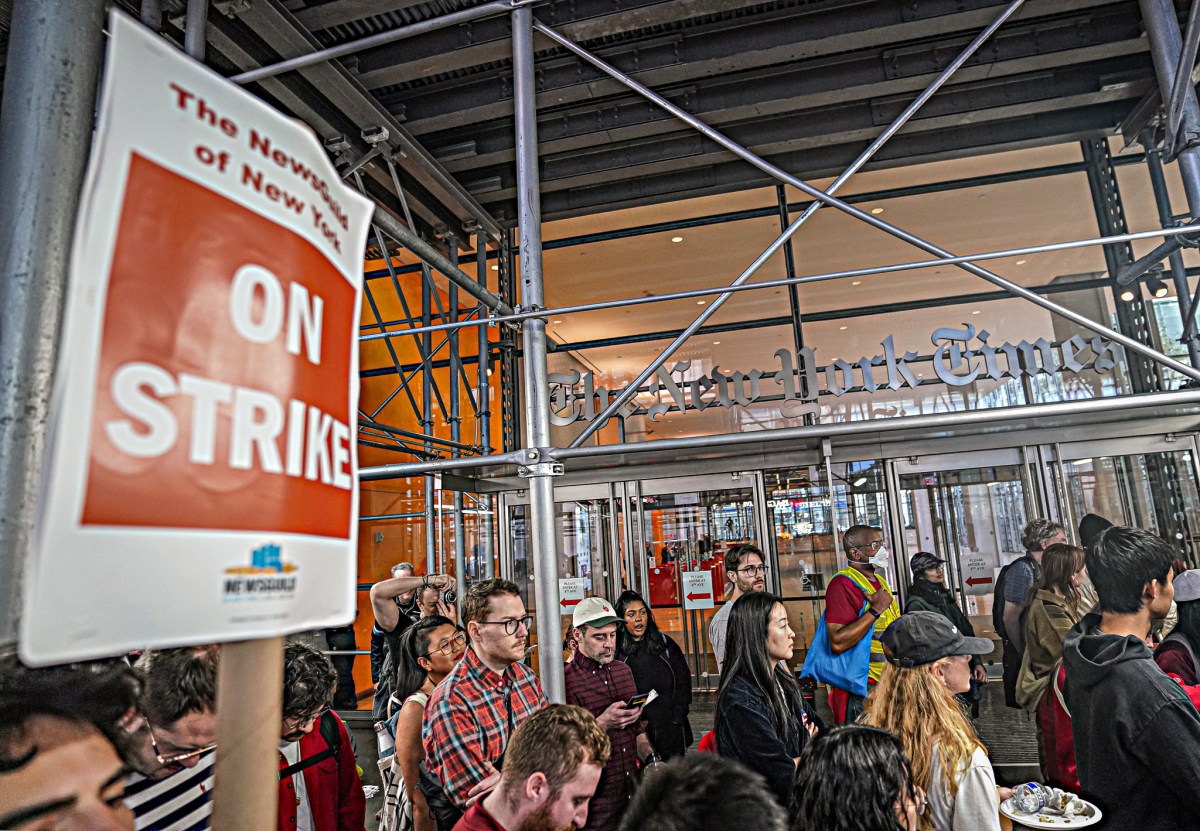VALDOSTA, Ga. (Reuters) – Convinced that the presidential election had been stolen from Donald Trump, the young couple from Blairsville, Georgia at first resolved to skip the state’s Jan. 5 runoffs for two U.S. Senate seats. What’s the point, they figured, of voting in another rigged election?
Then they thought better of it, setting aside their anger for the more pressing concern of keeping one of the two houses of Congress under Republican control.
“Everybody is going to vote,” said Kayla Frank, 25.
Frank and her partner – 28-year-old C.J. Townsend – had joined thousands of Trump supporters at a rally in Valdosta, Georgia on Saturday night. Trump had come to tell Georgia Republicans to vote in the Senate races that would decide which party controls Congress. But he spent most of the rally repeating his false and widely debunked election-fraud claims – and bashing leading Georgia Republicans for not helping him overturn his loss.
It’s a mixed message that many Republicans fear could tilt the tight Georgia Senate races in favor of Democrats if any significant number of Trump supporters boycott the election – as some of the president’s supporters have advocated in right-wing social media circles. Among those calling for sitting out the races in protest are two prominent pro-Trump lawyers – Sidney Powell and Lin Wood – who have promoted outlandish election-fraud conspiracy theories.
But voters like Frank and Townsend have tuned them out, according to Reuters interviews with 50 Republican voters over the past week in rural, urban and suburban areas of Georgia. All 50 said they planned to vote in Senate runoffs they deemed crucial – even though almost all believed the presidential election was tainted by fraud. (One, however, said he would support Democrats.)
The interviews suggest that Republican Senate candidates could see strong voter turnout despite the turmoil that has engulfed the Georgia Republican party, pitting Trump loyalists against top Republican state officials the president has attacked for rebuffing his fraud allegations.
Georgia has not elected a Democratic U.S. senator in two decades, but Biden’s slim victory there has given Democrats hope that Senate candidates Raphael Warnock and Jon Ossoff can beat Republican incumbents Kelly Loeffler and David Perdue in the runoffs, which were triggered after no candidate won a majority of votes on Nov. 3. Polls show both races are tight.
Townsend, at the Trump rally, said he believes that there is overwhelming evidence that Trump was cheated. Frank said her sense of being robbed was all the more painful because it had been the first time she voted in a presidential election.
Both said they had considered but ultimately dismissed sitting out the Senate contest. While they still hold out hope for Trump’s last-ditch efforts to overturn the election, they said they want to ensure a Republican Senate can provide a check on Democrat Joe Biden if Trump’s efforts fail.
“I was kind of on the fence,” Townsend said. “But I don’t see how that is going to help anything. If we all sit at home, they are still going to allow the vote to continue.”
HOPES FOR HIGH TURNOUT
The attitude of voters like Townsend and Frank should come as some relief to Republican officials who have scrambled to muffle calls for boycotts. They have struggled to meld two incongruous messages – that U.S. elections are rife with fraud favoring Democrats, but Republicans’ votes in the critical Senate races will count.
Jason Shepherd, chairman of the Republican Party in Cobb County, said he has been receiving a few emails a day from members claiming they won’t vote because they believe the process is corrupt. Chuck Clay, an Atlanta lawyer and the former statewide head of the party, said he worries about a “malaise” setting in about Republican voters that could dampen turnout.
But several voters said in interviews they believed Trump’s fraud allegations would motivate voters rather than discourage them. The prospect of fraud has made voters believe that Loeffler and Perdue might need an overwhelming advantage to win.
Pastor Ike Jefferson of Fellowship Baptist Church, about 20 miles (32 km) north of where Trump’s rally was held, said he believed the prospect of Democratic control of Congress will be enough to drive Republican turnout.
“I believe Georgia is going to get out and vote. I pray they do,” he said after leading Sunday services.
A handful of the 50 voters interviewed by Reuters dismissed Trump’s fraud claims entirely, acknowledging Biden won fairly. William Connelly, a 58-year-old Trump supporter, considers the stolen-election uproar irrelevant to the Senate runoffs.
“He’s just a crybaby, and he’s lost, and that’s all there is to it,” Connelly, a former professional boxer and factory worker, said of Trump as he stood outside a grocery store in Nahunta, a rural town in southeastern Georgia. “I think there will be a good turnout.”
POLITICAL MINEFIELD
The runoffs, however they turn out, have put Georgia at the center of increasingly bitter warfare between Trump loyalists and establishment Republicans that could have profound implications for the party’s future. Trump has repeatedly trashed Georgia Republicans, including Governor Brian Kemp and Secretary of State Brad Raffensperger, for saying the election result was accurate and refusing to help Trump overturn it.
Under intense pressure, Raffensperger and Kemp have defended the fairness of the election, a stance underpinned by two recounts. But they’ve walked a fine line between defending the state’s election system while also declaring their continued support for Trump even as the president publicly rebukes and ridicules them.
Georgia Republicans’ reluctance to repudiate Trump underscores his continuing influence in motivating massive numbers of voters and pulling the party toward his brash brand of populism. In a striking example, Republican Georgia Lieutenant Governor Geoff Duncan heaped praise on the president in a tweet responding to Trump’s tweet calling for Duncan’s ouster from office because he’s “too dumb or corrupt to recognize massive evidence of fraud in GA.”
Duncan tweeted back: “Thank you for 4 years of conservative leadership … you have proven that a business minded outsider can be effective in DC.”
Republicans who reject Trump’s fraud claims will suffer consequences when they seek re-election, said Ronald Ham, the party’s head in Brantley County. He plans to vote against Kemp when he faces election in 2022 – even though he considers the governor a friend. Ham likened what he called an assault on the U.S. election system by Democrats to the September 11, 2001 attacks.
“This is our 9/11,” he said. “We will use our voice, and we will vote.”
The governor, the lieutenant governor, and the secretary of state might as well “pack their bags,” he said.
With Trump’s court losses mounting, Ham said he was now most optimistic about a petition filed this week by the state of Texas with the U.S. Supreme Court. The case argues that changes made by Georgia, Michigan, Pennsylvania and Wisconsin to expand mail-in voting amid the coronavirus pandemic were unlawful and should nullify those states’ election results. Trump and Republican attorneys general in 17 U.S. states on Wednesday threw their support behind the lawsuit, which the office of Georgia’s attorney general – a Republican – called “constitutionally, legally and factually wrong.”
Senate candidates Loeffler and Perdue endorsed the Texas legal action. But they, too, are treading carefully in navigating the bitterness that has engulfed the state party. While neither has explicitly said the election was stolen from Trump, they have generally supported his efforts to overturn it and have called for Secretary of State Raffensperger’s resignation.
For Chasity Pawvlik, that’s not enough. The 45-year-old Trump supporter said she would vote for Perdue but maybe not Loeffler, who was appointed by Kemp and therefore needed to take bolder action to earn Pawvlik’s support. Among other things, Pawvlik wants Loeffler to push Kemp to conduct a third-party investigation of voting machines that have become the focus of debunked conspiracy theories about altered votes.
“If she wants my vote, she needs to call him out,” said Pawvlik. “We need to see those machines.”
One Republican voter interviewed by Reuters, however, said he had decided to support Democrats for Senate, in part because Loeffler and Perdue had aligned themselves so closely with Trump.
Corey Rudolph, a 42-year-old resident of Alpharetta, an Atlanta suburb, lamented that conventional Republican principles have been lost under Trump. He hoped a more centrist party would emerge but had his doubts.
“If he keeps control of the media the way that he has, especially the right-wing media, I don’t see how Republicanism as I have known it in the past can come back,” Rudolph said.
(Reporting by Nathan Layne in Georgia; editing by Scott Malone and Brian Thevenot)



